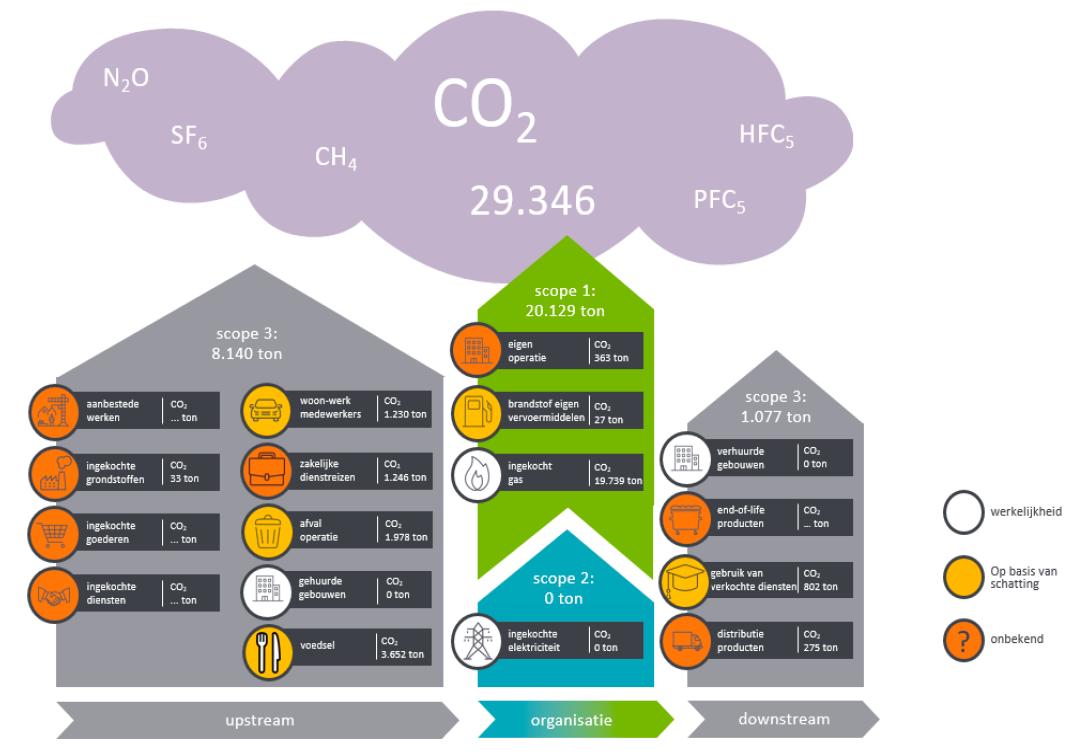Impact of corona on carbon emissions
The TU Delft carbon accounting report of 2020 provides interesting insights into the impact of corona on our carbon emissions.
In the year 2020, as a result of the different lockdowns and limited use of the TU Delft campus, carbon emissions were expected to go down. As we found out, the emissions due to food, mobility, and procurement were significantly lower, whilst there was hardly any reduction of energy consumption.
Food emissions were reduced by 74%, but taking in account the increased consumption during working hours at home, this reduction must have been around 4%. Mobility emissions went down by 69% and this is an absolute reduction, because there was no additional travel to what was measured. Emissions from water and waste management were reduced by 31%, but corrected for additions at home this must have been no more than 1%. There was no detailed account of emissions from procurement in 2020, but by estimation the overall reduction thereof must have been around 45%; this value is taken as the basis for the 2020 baseline.
Most surprising of the carbon analysis of 2020 was the very limited reduction of emissions due to energy use: only 2.9%. Taking into account an increase of energy at home (for home working), the actual performance actually was worse. This finding has shaken the team focussing on construction and renovation. We are now working on improving the energy performance of the buildings on campus outside working hours.
